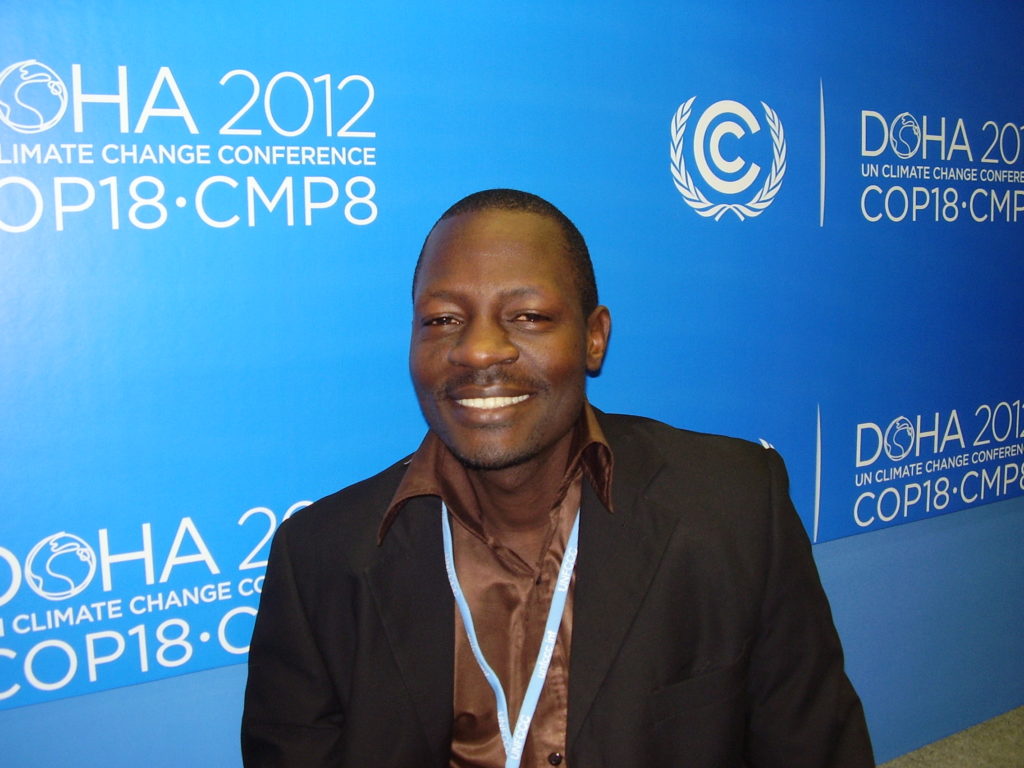Will Doha be an oasis of hope or doom for the poor?
5 December 2012

This generation has witnessed unforgettable catastrophes of climate change. The most affected are the rural and poorer people of developing countries, Africa in particular. The African continent has contributed the least to the problem and is the one least able to cope with the impacts, because we depend heavily on climate sensitive activities for our survival. Most of the NAPAs from Africa prioritized agriculture, water, health, energy, forestry and wetlands, wildlife and tourism as the most vulnerable sectors.
The whistle for negotiations in Doha has been blown and negotiators are running from one room to another to ensure as much ground is covered as possible within one week. However, most of the outcomes of these discussions are not in favour of the interests of the developing countries, including Africa, leaving most of the negotiators dejected and frustrated.
However, there is still hope to be salvaged Doha-Qatar negotiations and asking negotiators from Annex 1 countries must be friends in need so that we become friends indeed by focusing on the scientific imperative. They must reflect on the dangers that climate change already felt by vulnerable regions of Africa and other developing countries. This will be easily seen by finalizing and adopting a meaningful and effective second commitment period of the Kyoto Protocol, addressing the outstanding issues under the convention track in accordance with the 2007 Bali mandate and setting the negotiations under the Durban Platform for enhanced action on firm footing to adopting a legally binding agreement by 2015.
Africa is looking for an agreement that will assure to undertake mitigation and adaptation through effective finance mechanism and technology transfer.

